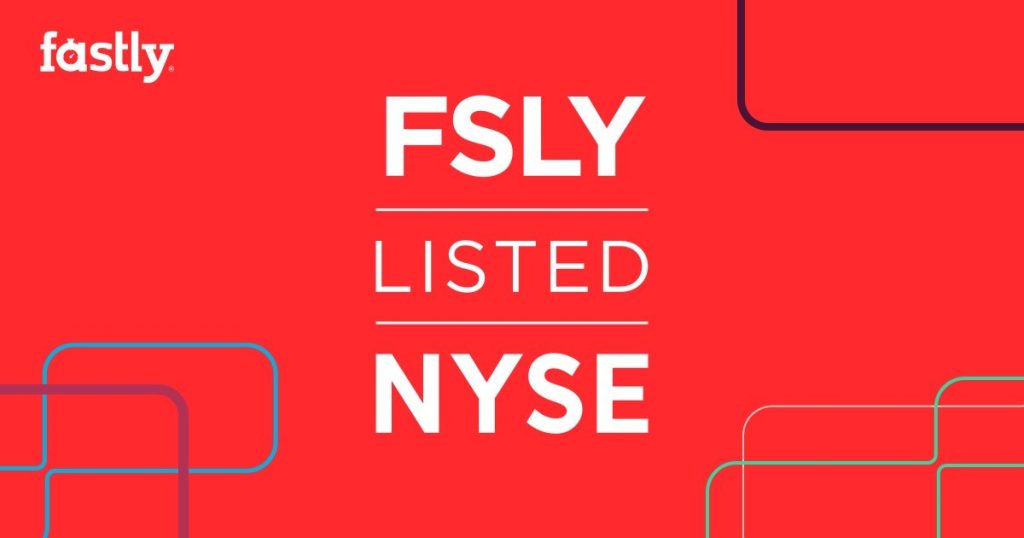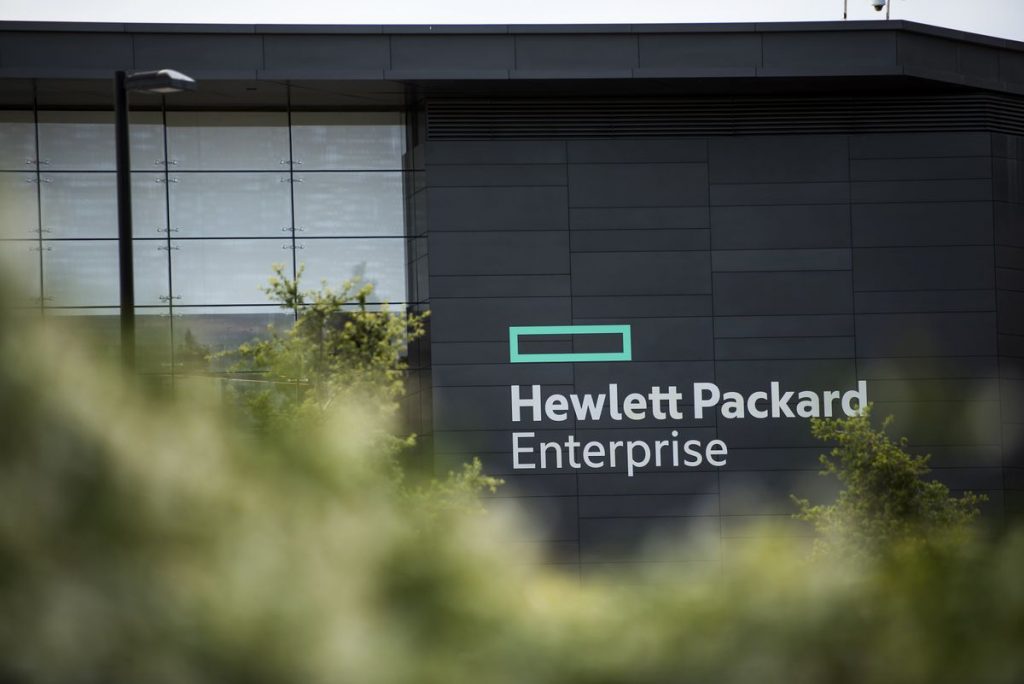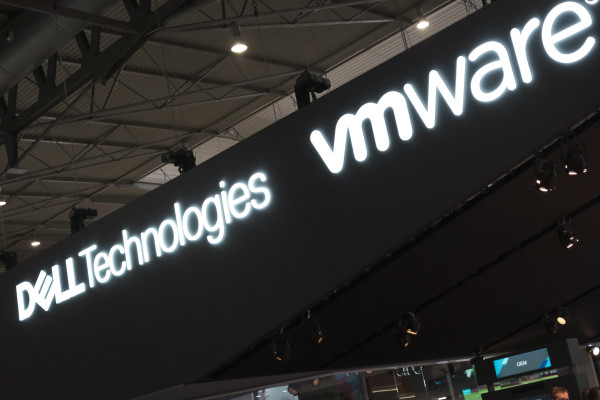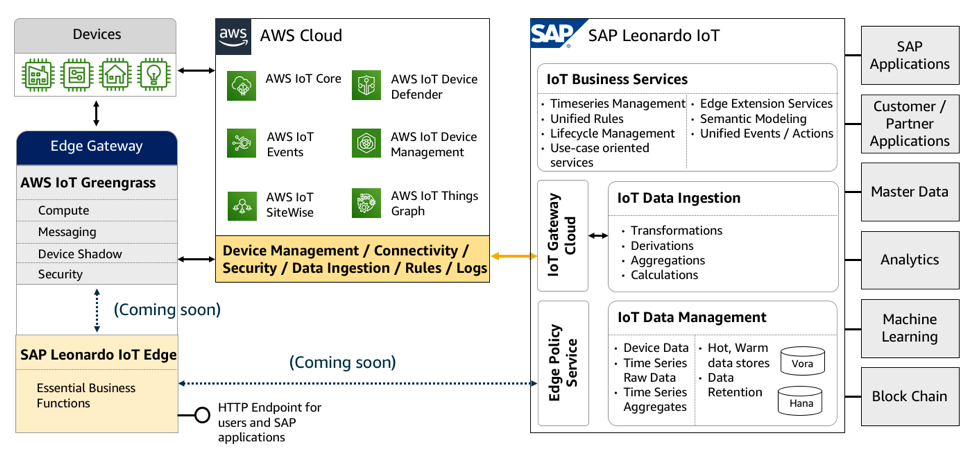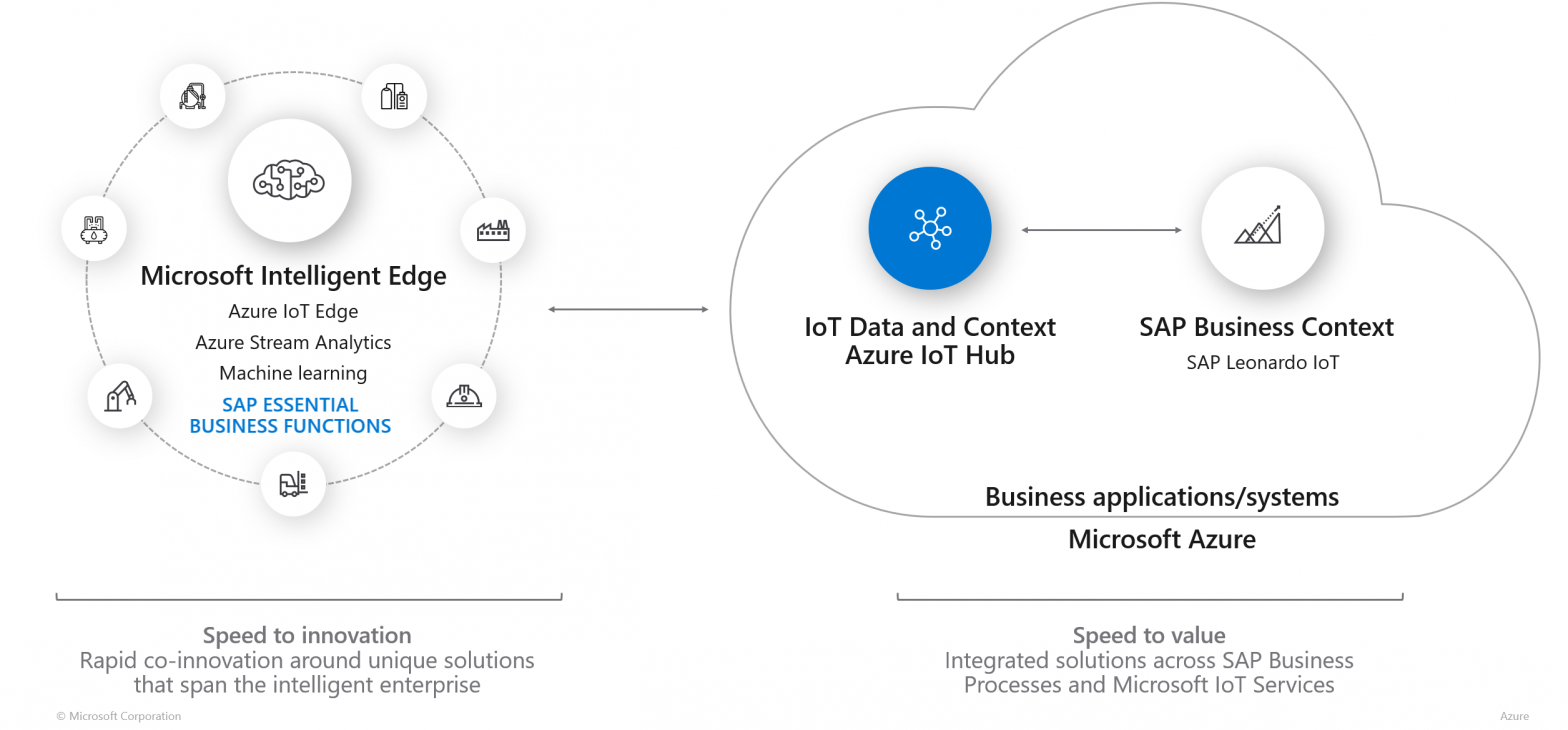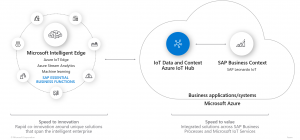Your code. Your packages. One login. Meet GitHub Package Registry.
https://github.co/2vSuFG2
From the announcement on LinkedIn
The other day wrote this in their post on LinkedIn. Following the link takes one to the newly announced Github Package Registry, that allows developers to host releases for distribution. It’s currently in beta and supports npm, docker images, maven packages, NuGet and Ruby Gems. The corresponding blog article has a few more insights:
With GitHub Package Registry your packages are at home with their code—sign up for the limited beta to try it out.
From the blogpost
While I appreciate the thought and easiness of integration, the announcement doesn’t leave me with a cosy feeling. It’s a bit like GitHub is trying to become the Facebook of code. The Internet is made to work decentralised and the interesting part always has been the freedom of choice. With functionality merging together in one platform, choice gets lost and there is opportunity of misuse.
In particular, it seems almost forgotten that Github, just like Linkedin, have been acquired by Microsoft in 2016 and 2018. This perspective throws another light on the added functionality and developers may want to evaluate remaining alternatives.
Source: Introducing GitHub Package Registry – The GitHub Blog

